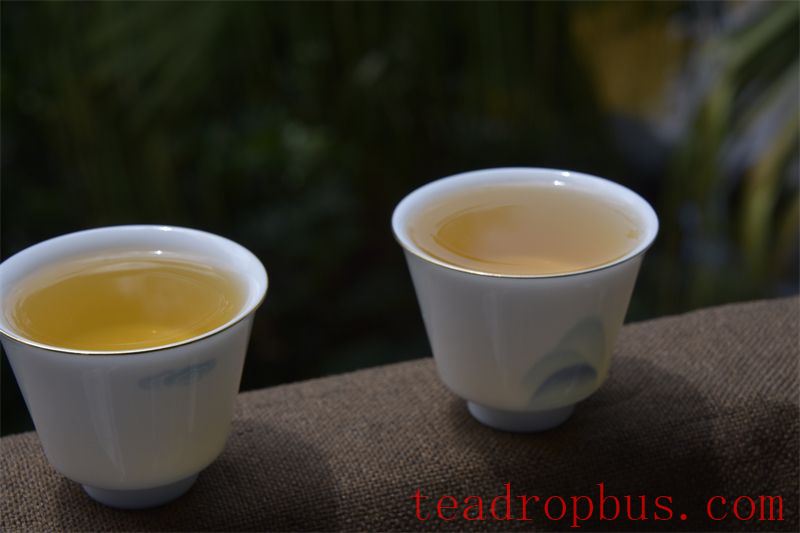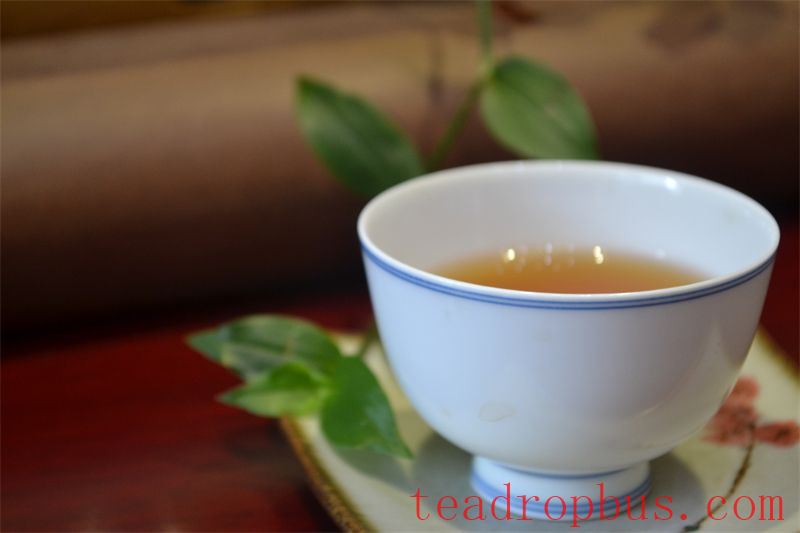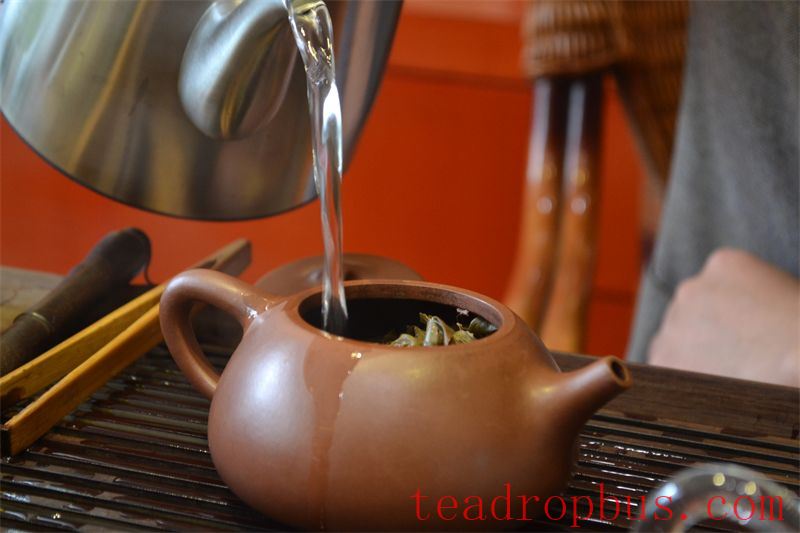Tea, as a traditional Chinese beverage, carries millennia of culture and wisdom. It is more than just a drink; it's a way of life and a pursuit of health and tranquility. However, while enjoying the delightful flavors of tea, we may unwittingly fall into common misconceptions. Today, let's uncover these misconceptions to make your Tea drinking experience healthier and more enjoyable.
I. Tea Is Not Indefinitely Storable
In many people's minds, as long as tea remains dry and doesn't mold, it can be stored indefinitely. This is a serious misunderstanding.
As a food product, tea has a clear shelf life, which varies depending on its type and processing method. For example, green tea typically has a shorter shelf life of around one year, while black tea and Pu'er tea, which undergo special processing, have longer shelf lives.
The storage conditions are crucial. If not stored properly, tea can become damp, leading to increased moisture content and the growth of mold and bacteria. Exposure to direct sunlight can cause the loss of nutrients and aroma. Additionally, exposure to odors can affect the quality of the tea.
To ensure the quality and taste of tea, it should be stored in a dry, well-ventilated, dark, and odor-free environment. Using airtight containers such as iron cans, porcelain jars, or aluminum foil bags can effectively prevent dampness and contamination. It's also best to consume tea within its shelf life to fully enjoy its freshness and nutritional value.

II. Water Temperature for Brewing Is Not One-Size-Fits-All
Boiling water for brewing is a common practice, but not all teas are suitable for boiling water.
For green tea, especially those with delicate buds and leaves, high water temperatures can destroy vitamins C and polyphenols, and quickly release bitter substances, overshadowing the fresh and refreshing taste. A water temperature of around 80°C is generally most suitable for producing a bright green and fresh-tasting tea.
For Oolong teas like Tieguanyin, which undergo partial fermentation, higher water temperatures are needed to bring out their aroma and flavor, making boiling water the ideal choice.
For compressed black teas like Pu'er cake tea, cooking the tea is a good option. Long-term cooking allows the unique components of the tea to fully infuse, resulting in a richer and fuller-bodied tea.
Therefore, the water temperature for brewing should be adjusted based on the type, maturity, and compression level of the tea. Choosing the right water temperature will result in a Cup of tea that is flavorful, fragrant, and visually appealing.
III. Beware of the Risks of “Overnight Tea”
The concept of “overnight tea” is often misunderstood as simply tea left overnight. In reality, it refers to tea that has been left standing for an extended period.
Over time, the vitamins in the tea gradually degrade, and the proteins and sugars in the tea provide a breeding ground for bacteria and mold. Such tea loses its nutritional value and becomes prone to spoilage and souring.
Tannic acid in tea oxidizes over time into highly irritating compounds that can harm the stomach and intestines. Drinking such tea, especially in hot weather, can lead to gastrointestinal inflammation and pose health risks.
Therefore, to ensure the safety and health of tea drinking, it's recommended to consume freshly brewed tea promptly and avoid leaving it standing for extended periods.

IV. Strong Tea Does Not Help Sober Up
After drinking alcohol, many believe that a cup of strong tea can help sober up. This belief is incorrect.
According to *Compendium of Materia Medica*, “drinking tea after alcohol consumption can harm the kidneys, causing heaviness in the waist and legs, cold pain in the bladder, and diseases such as edema, thirst, and convulsive pain.”
When we drink alcohol, it enters the bloodstream through the digestive system and is metabolized in the liver first into acetaldehyde and then into acetate, finally being excreted by the kidneys. Drinking strong tea after alcohol consumption causes caffeine to rapidly induce diuresis, leading to the premature entry of incompletely metabolized acetaldehyde into the kidneys, potentially harming them.
Drinking honey water after alcohol is a wiser choice. The fructose in honey promotes the Metabolism and absorption of alcohol, aiding in rapid sobriety and relieving headaches caused by alcohol.
V. Fresh Tea Isn't Always Better Than Aged Tea
Many tea enthusiasts pursue the latest teas, believing that fresher is better. By “latest teas,” we mean those processed less than a month or even half a month ago. It's true that these teas often excel in appearance, color, and taste, providing a delightful experience.
However, from a health perspective, newly processed teas often contain “fire,” which needs time to dissipate. Drinking excessive amounts of such teas can cause internal heat in the body. Moreover, fresh teas have higher levels of polyphenols and caffeine, which can irritate the gastrointestinal mucosa, particularly for those with weaker digestive systems. Therefore, those with poor digestion should limit their intake of green teas processed and stored for less than half a month.
It's important to note that not all types of tea are better when fresh. For example, Pu'er tea and black tea improve in quality and flavor after appropriate aging.

VI. Conclusion
Drinking tea is both an art and a pleasure. To truly derive health and joy from tea, it's essential to avoid these common misconceptions. May every tea lover savor the essence of tea in the right way, making tea a companion that nourishes both body and soul in our daily lives.